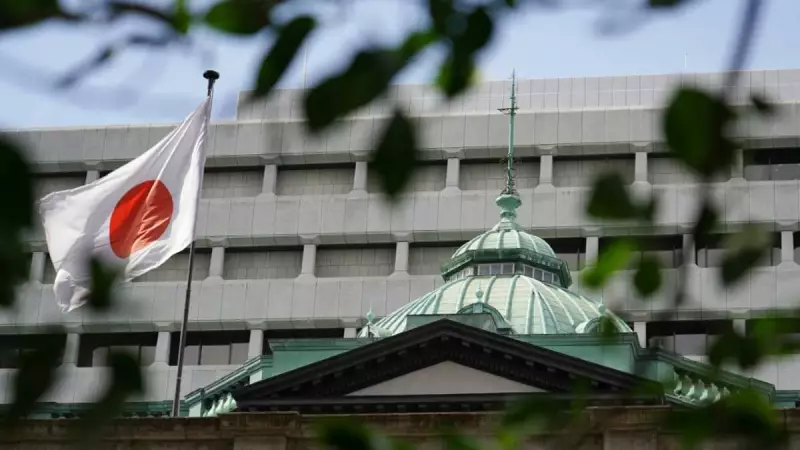
The Bank of Japan (BOJ) has decided to maintain its current monetary policy stance, keeping interest rates at historically low levels despite mounting global economic pressures. This decision comes as the Japanese central bank navigates the delicate balance between supporting economic growth and addressing currency weakness.
Interest Rates Remain Unchanged
In their latest policy meeting, BOJ officials voted unanimously to maintain the short-term interest rate at -0.1%, continuing the negative interest rate policy that has been in place for years. The central bank also kept its yield curve control parameters unchanged, allowing 10-year Japanese government bond yields to fluctuate within around plus and minus 0.5 percentage points from the zero percent target.
Yen Weakness and Inflation Concerns
The Japanese yen has experienced significant depreciation against the US dollar, with the USD/JPY pair trading above 150 yen. This currency weakness has contributed to rising import costs and inflationary pressures that are affecting Japanese households and businesses alike.
BOJ Governor Haruhiko Kuroda acknowledged these challenges, stating that the central bank is closely monitoring currency movements and their impact on the economy. However, he emphasized that the BOJ's primary focus remains on achieving sustainable price stability.
Future Policy Direction
While maintaining current rates, the Bank of Japan has indicated that it won't hesitate to take additional easing measures if necessary. Market analysts are watching closely for any signals about when the central bank might begin normalizing its ultra-loose monetary policy.
Many economists predict that the BOJ may consider policy adjustments in the coming months, particularly if inflation continues to exceed the bank's 2% target and the yen's weakness persists. However, for now, the commitment to supporting economic recovery remains the priority.
Global Context
Japan's monetary policy stance stands in stark contrast to other major central banks, including the US Federal Reserve and European Central Bank, which have been aggressively raising interest rates to combat inflation. This policy divergence has been a key factor in the yen's depreciation throughout 2023.
The BOJ's decision reflects its unique position in dealing with decades of deflationary pressures and the need to ensure that inflation becomes sustainable rather than temporary.





